Our Ingredient Glossary
We believe in transparency. We're meticulous about what ingredients we use in our formulations, and have an extensive list of ingredients we will also never use. View our full ingredient list backed by research when you scroll down.
Key Herbal Ingredients
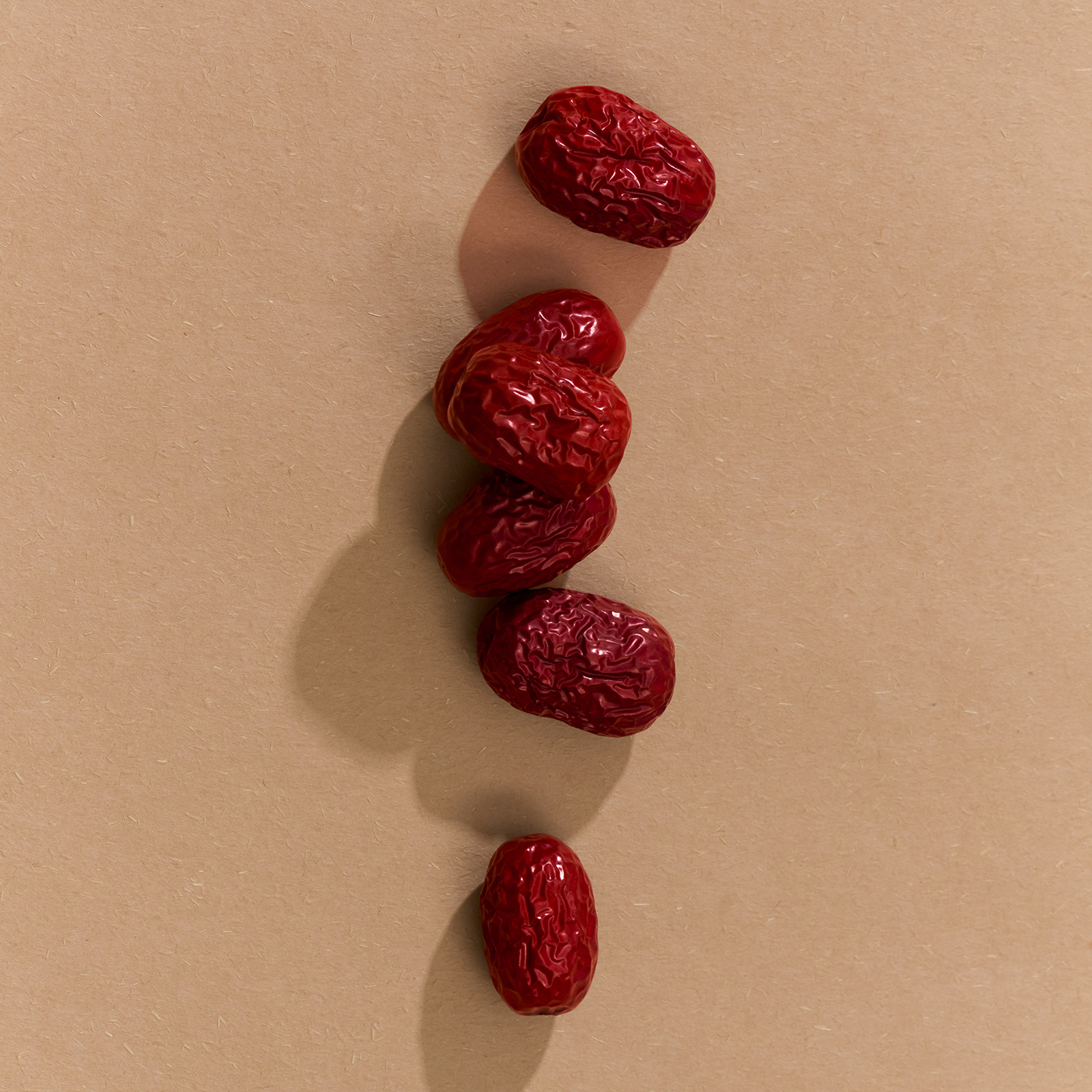
Jujube
A sweet red date from East Asia with antioxidant, anti-inflammatory, and moisturizing properties, encouraging skin cell rejuvenation.
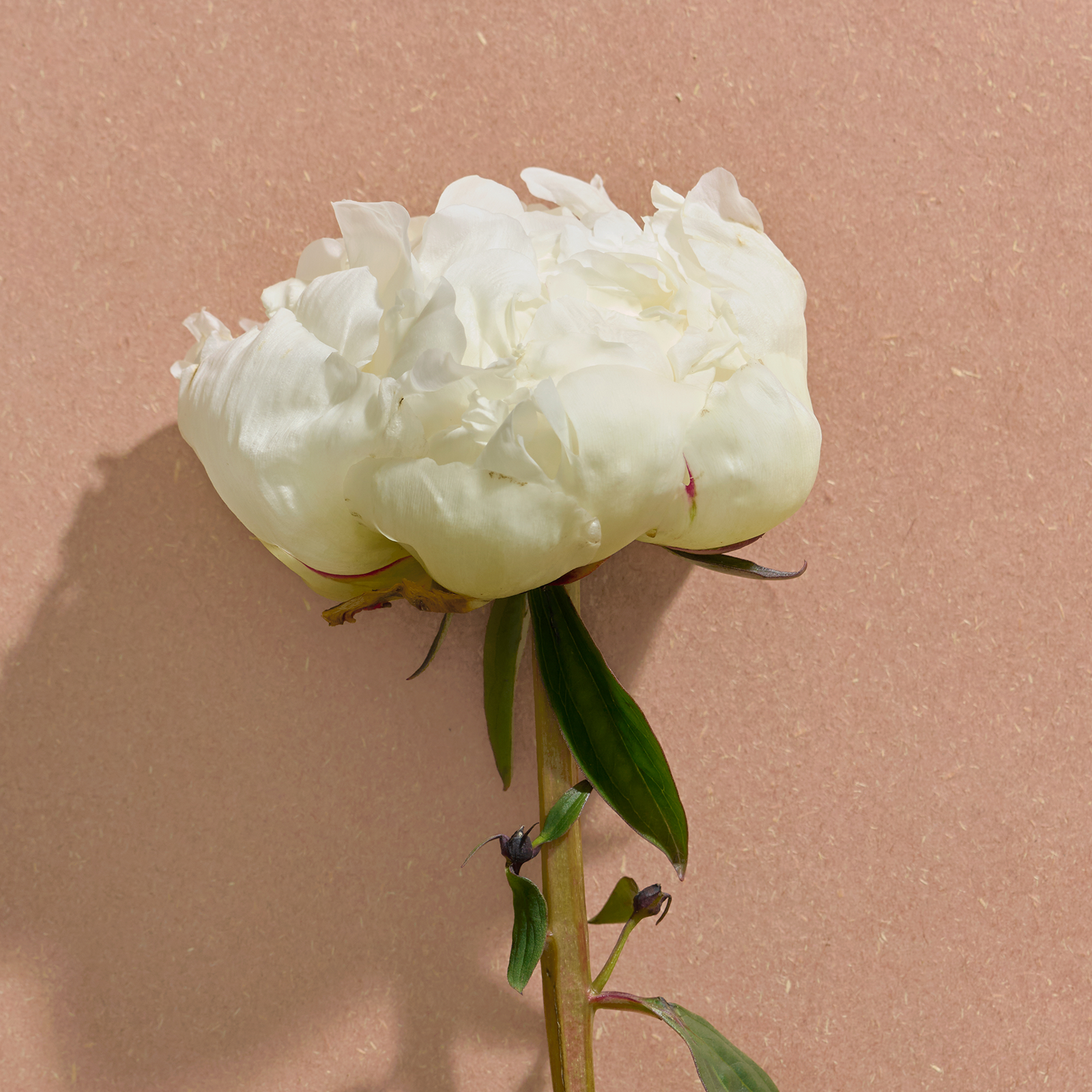
White Peony
A powerful herb used for centuries in Traditional Chinese Medicine to improve blood flow microcirculation, reduce inflammation, rejuvenate and moisturize skin.
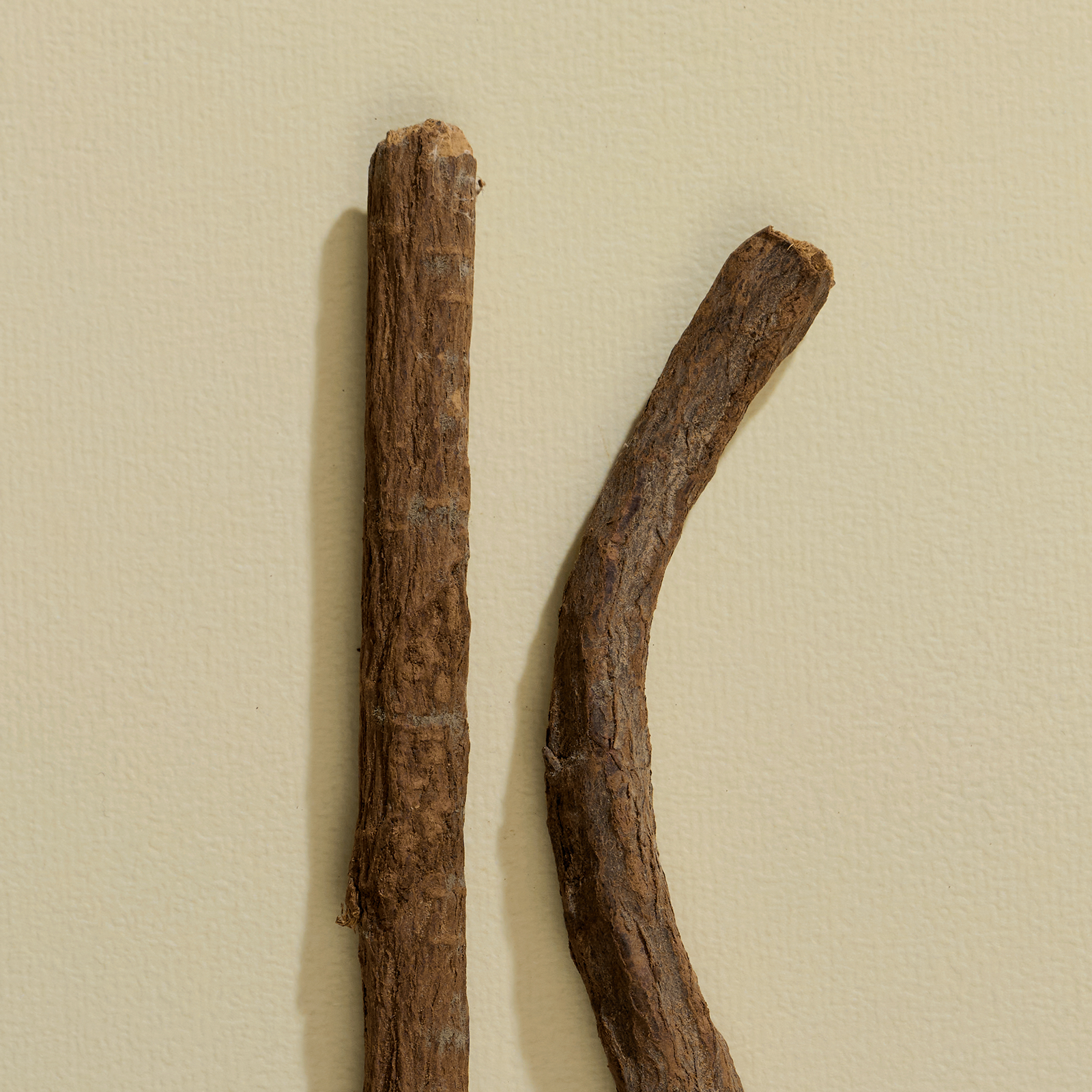
Licorice Root
An essential herb in Traditional Chinese Medicine, often used to reduce inflammation and support skin recovery relating to burns, wounds, atopic dermatitis, rosacea, and eczema.
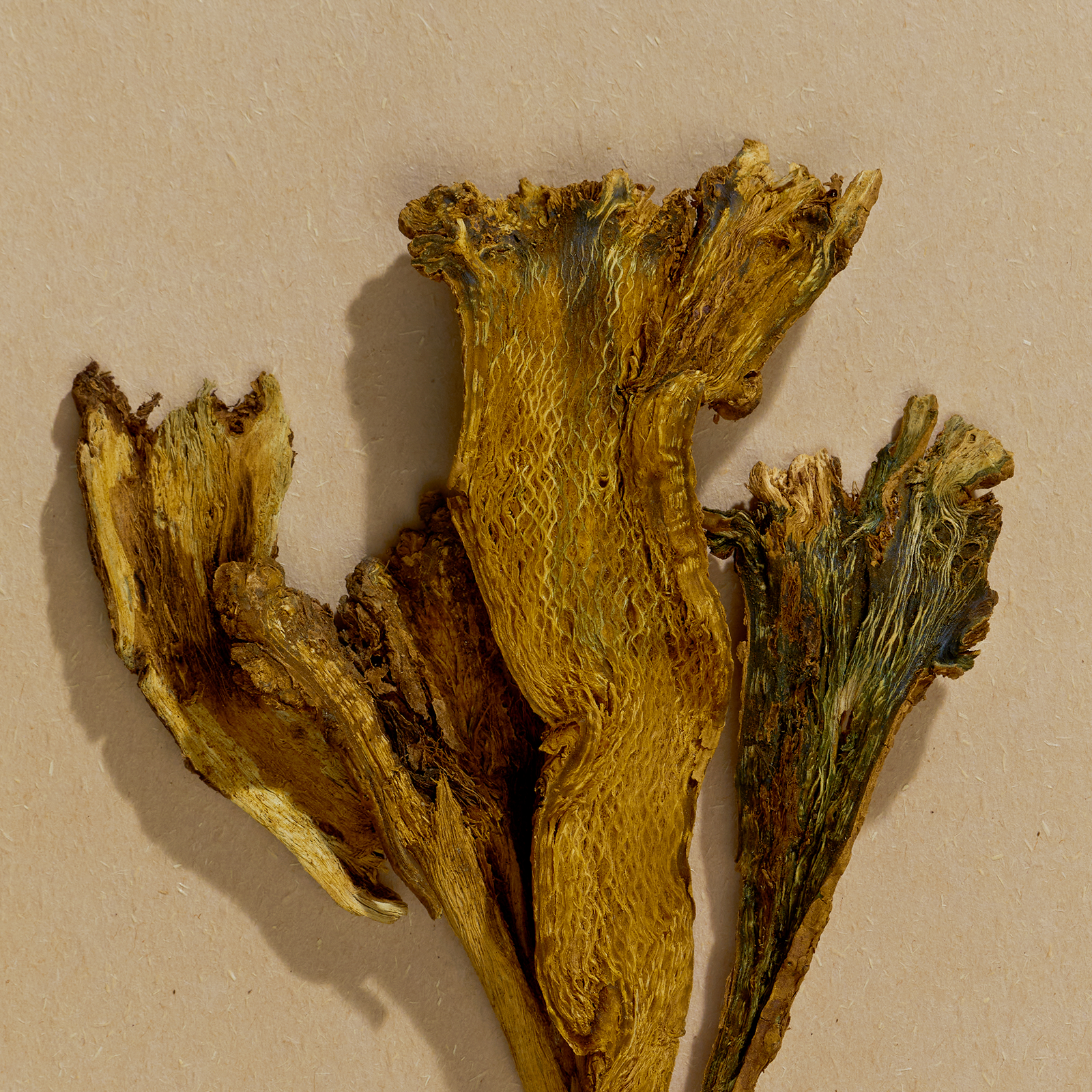
Skullcap Root
Renowned in Traditional Chinese Medicine for its antioxidant, anti-inflammatory, and skin-healing properties. Comes from the root of the resilient Skullcap flower.
Key Science Ingredients
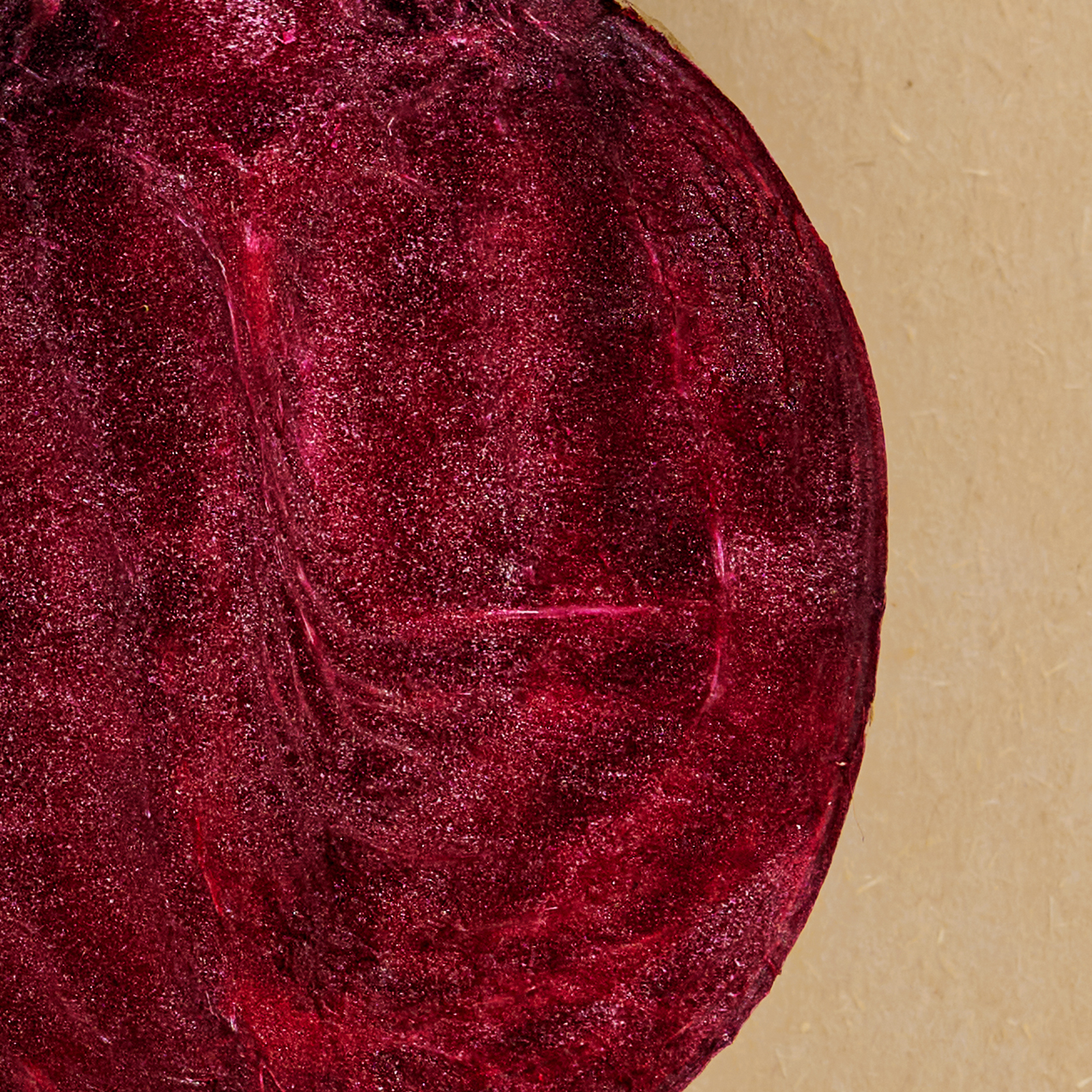
Betaine
The Betaine we use is 100% plant origin from sugar beet root. A powerful osmoprotectant that helps hydrate skin, protect from water stress, and manage your skin’s water balance.
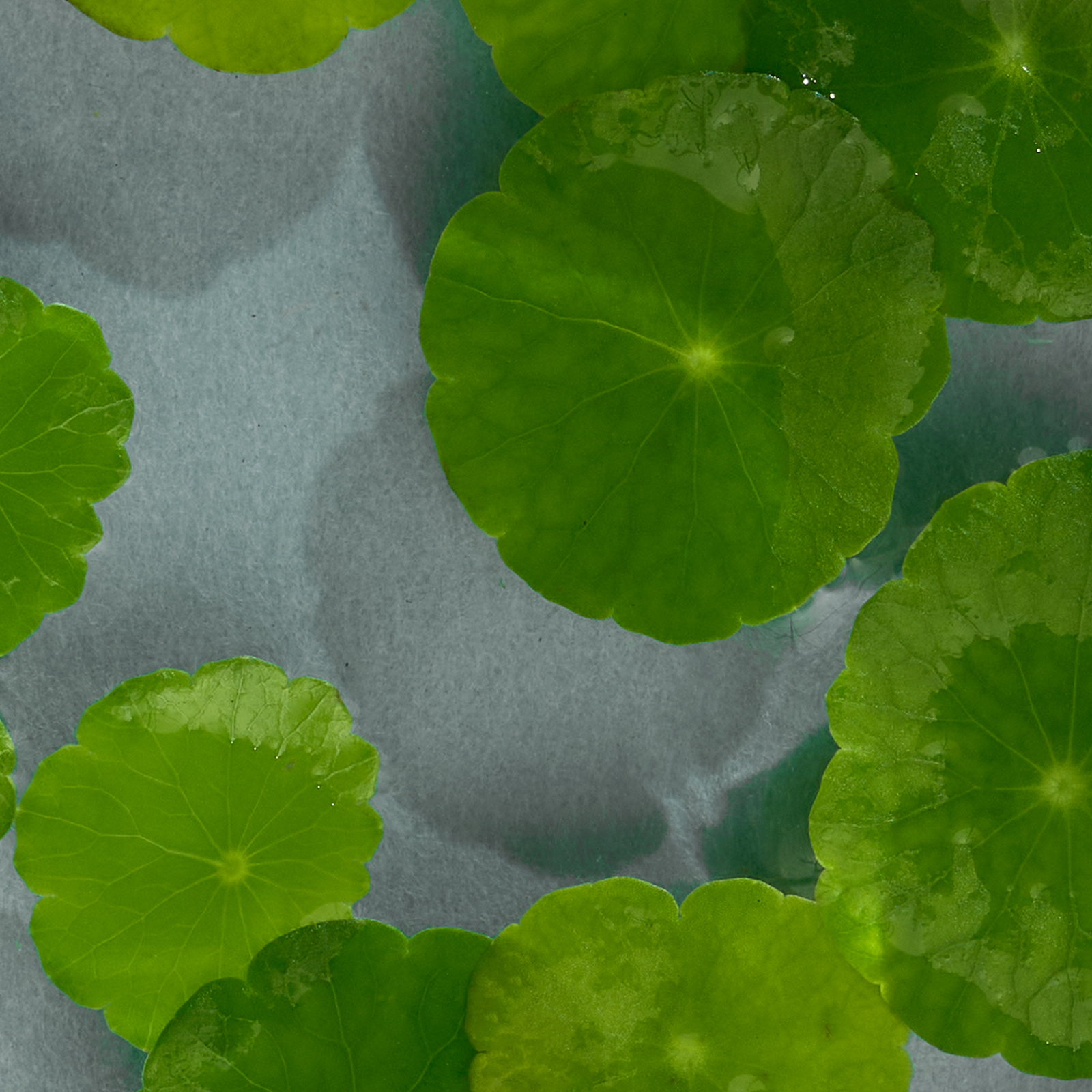
Madecassoside
A powerful compound derived from the Centella asiatica, with anti-inflammatory and skin-barrier restorative properties.
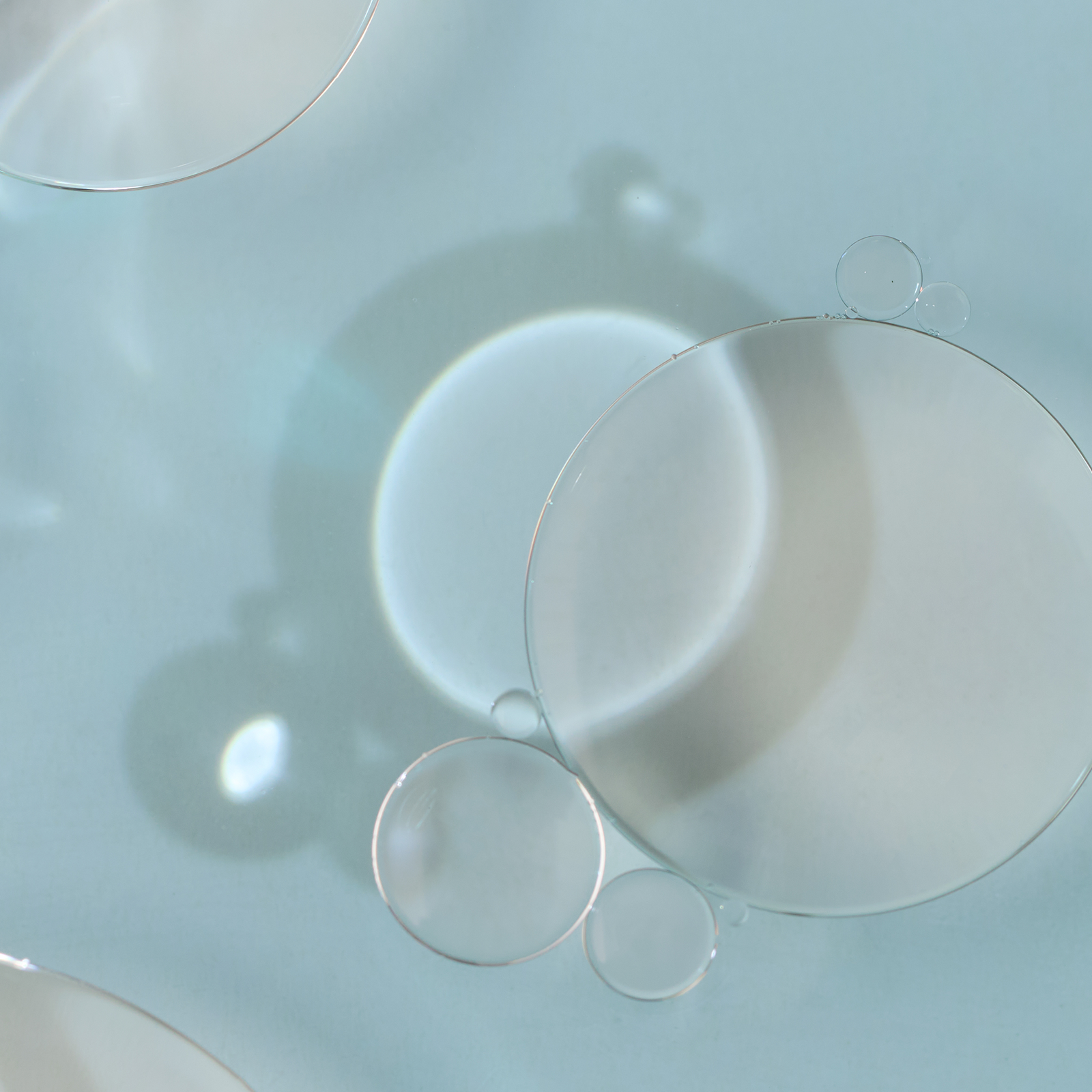
Ectoin
A natural amino acid derivative produced by halophilic bacteria, helping to soothe irritation, reduce water loss and redness, and strengthen your natural skin barrier.
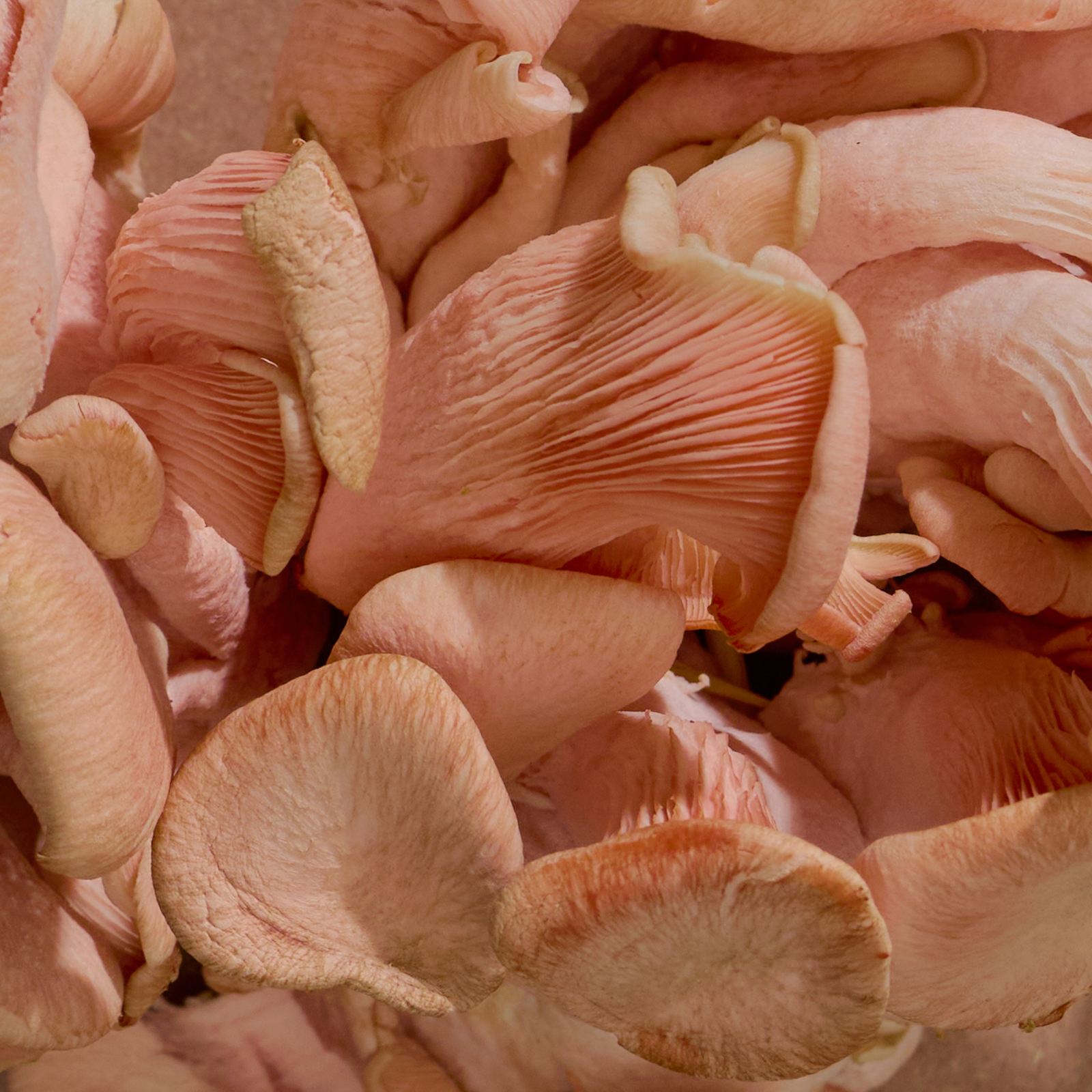
Beta-glucan
A natural polysaccharide derived from mushroom (Schizophyllum commune) that provides moisturizing benefits and helps support skin's protective barrier.
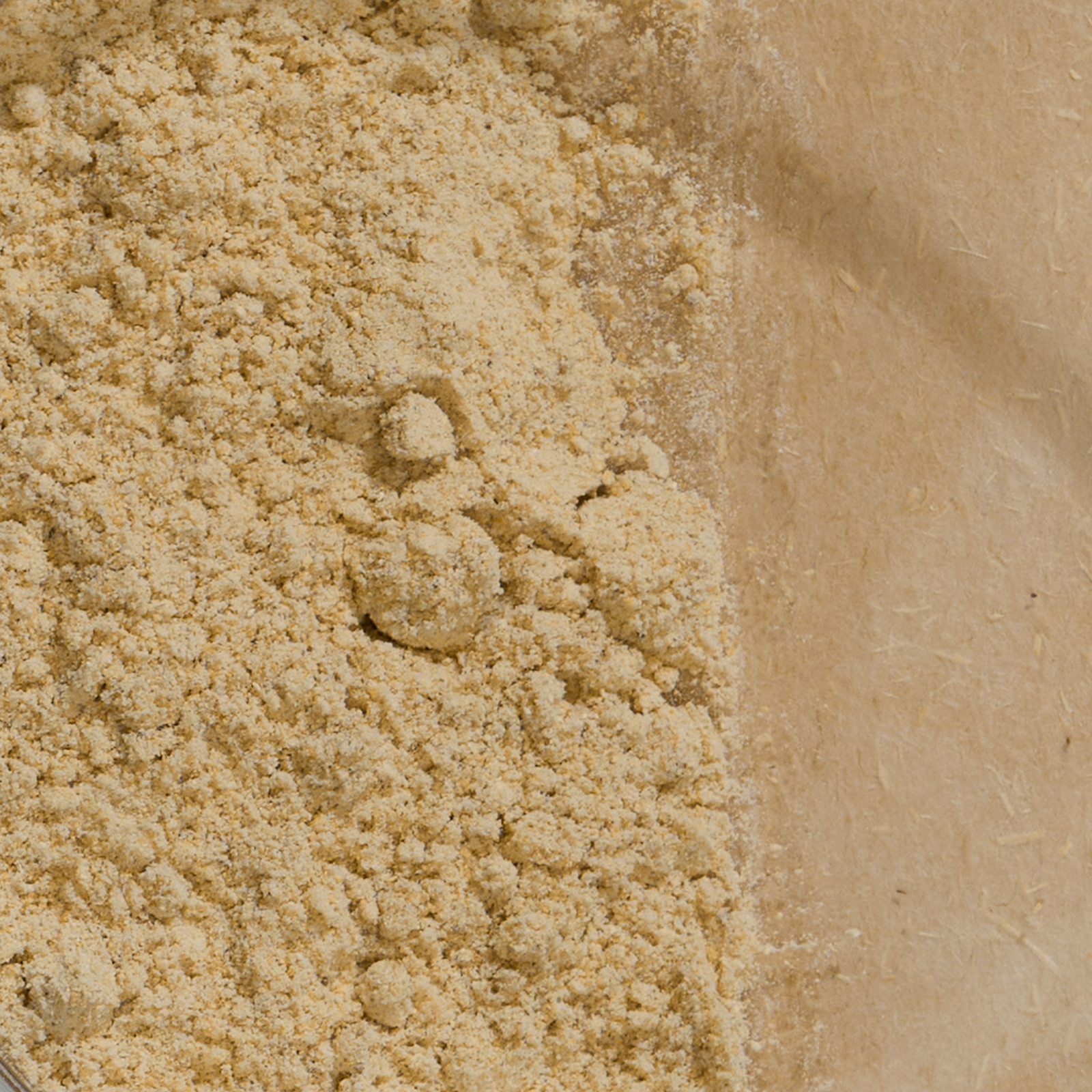
Dipotassium Glycyrrhizate
Soothes irritated and inflamed skin, while reducing histamine and helping skin regulate sebum. Derived from licorice root, a potent ingredient in and of itself.
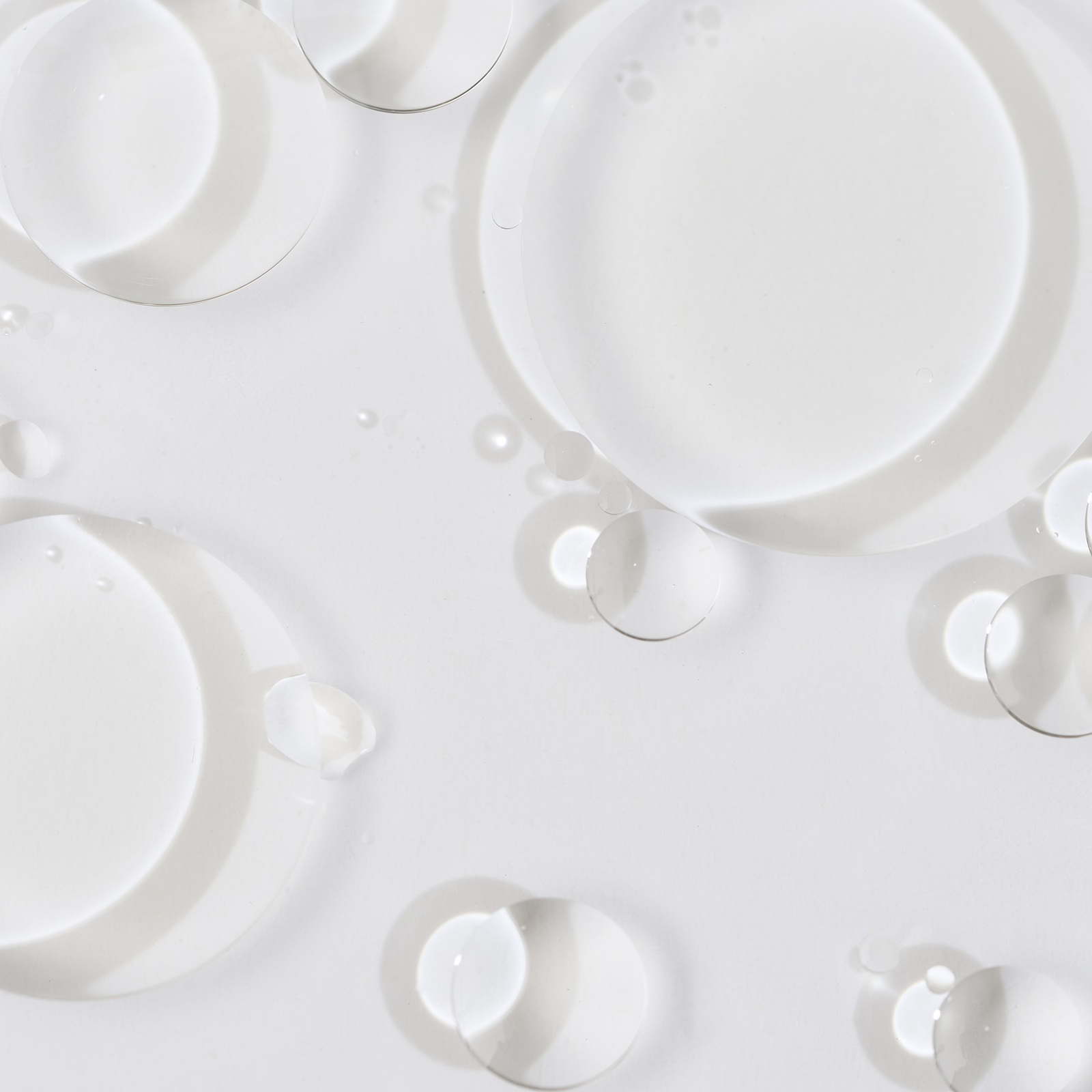
Ceramide NP
A nautrally-occuring lipid found in skin and an essential component of the skin barrier that helps protect and hydrate skin, while supporting skin recovery and restoration.
Full Ingredients List
Allantoin
A conditioning agent that helps support skin's natural renewal process while providing moisturizing benefits. This gentle compound assists in maintaining skin smoothness and helps improve the appearance of dry or rough texture by supporting natural exfoliation, revealing fresher-looking skin with enhanced hydration properties.
Good for: dry skin, rough texture, skin smoothing, hydration
More Reading:
Arginine
An amino acid naturally present in the body, Arginine serves as an essential building block for proteins and plays a vital role in maintaining skin health. Arginine helps support collagen formation, skin elasticity and firmness, improved hydration, and barrier function support.
Good for: hydration, barrier support, skin firmness, elasticity
More Reading:
- Nath M G, N. V U. "Biological importance of arginine: A comprehensive review of the roles in structure, disorder, and functionality of peptides and proteins," International Journal of Biological Macromolecules, vol. 257, no. P1, pp. 128646-, 2024.
- The Cosmetic Ingredient Review, IJT 32(Suppl. 4):41-64, 2013
Beta-glucan
Derived from Schizophyllum commune (a type of mushroom).
This naturally-occurring polysaccharide has intensive moisturizing properties, enhances skin elasticity, and supports skin’s natural regeneration process. Beta-Glucan helps support skin's natural barrier function while providing long-lasting hydration. Clinical studies demonstrate its ability to help improve skin texture and support comfortable, healthier-looking skin by supporting collagen synthesis. We derive our Beta-glucan from Schizophyllum commune (a natural fungus) through biofermentation.
Good for: dry skin, barrier support, moisturization, skin texture, promotes collagen synthesis
More Reading:
Betaine
Betaine is a powerful osmoprotectant, which helps revitalize skin, strengthen the skin barrier, and manage water balance. A naturally-occurring compound derivative present in plants, animals, and even your own skin, Betain helps protect us from water stress, attracting and retaining moisture for improved hydration. We derive our Betaine from sugar beets, known for their ability to tolerate salty soil environments and drought.
Good for: hydrates, protects, and helps support the skin barrier
More Reading:
- Warskulat D., A. Reinen, S. Grether-Beck, J. Krutmann and D. Häussinger. Joumal of investigative Dermatology (2004) 123, 516-521.
- Warskulat, D., BrookmannS, Reinen A, Häussinger D. Biol Chem. (2007)388(12):1345-52.
- Warskulat. U. et a., "UV-A induces transport of compatible organic osmolytes in dermal fibroblasts", Exp, Dermatol. 17,1031-1036 (2008).
Beta-Sitosterol
This plant-derived phytosterol, naturally found in avocados, nuts, and saw palmetto, mimics our skin’s natural lipids to strengthen its moisture barrier, reduce redness, and soothe irritation. Clinical studies show it helps maintain skin hydration and may support collagen production for firmer-looking skin.
Good for: sensitive skin, barrier repair, anti-aging, may help with eczema/rosacea relief
More Reading:
- Wójcik, A., et al. "Beta-Sitosterol Modulates Inflammation and Lipid Metabolism in Keratinocytes," Journal of Dermatological Science, vol. 96, no. 1, pp. 29-37, 2019.
- Gupta, R., et al. "Phytosterols in Dermatology: An Update," Clinical, Cosmetic and Investigational Dermatology, vol. 14, pp. 1007–1020, 2021.
Butylene Glycol
This lightweight humectant attracts water to the skin’s surface, boosting hydration without greasiness. It also helps other ingredients penetrate skin better and stabilizes skincare formulations. Research has shown its safety and effectiveness as a non-irritating moisturizing agent.
Good for: all skin types (even acne-prone), hydration boost
More Reading:
- Fiume, M.M., et al. "Safety Assessment of Butylene Glycol as Used in Cosmetics," International Journal of Toxicology, vol. 37, no. 1, pp. 28S–46S, 2018.
- Draelos, Z.D. "Modern Moisturizer Myths," Journal of Cosmetic Dermatology, vol. 19, no. 6, pp. 1295–1300, 2020.
Caprylic / Capric Triglyceride
A lightweight emollient derived from coconut oil that helps form a protective barrier on the skin’s surface to prevent moisture loss while contributing to a smooth, non-greasy finish. Clinical studies show this versatile antioxidant ingredient is able to support increased and improved skin hydration while protecting skin.
Good for: lightweight moisturizing, skin barrier protection, hydration
More Reading:
Ceramide NP
A naturally-occurring lipid found in skin, Ceramide NP helps skin better retain water and strengthens the skin barrier, protecting it from environmental and external stressors. Often used reduce erythema and improve hydration, studies have shown that ceramides play a key role in restoring moisture balance of skin and maintaining trans-epidermal water loss (TEWL).
Good for: hydrates, protects, and helps support skin barrier functions.
More Reading:
- Nakajima K, Terao M, Takaishi M, et al. "Barrier Abnormality Due to Ceramide Deficiency Leads to Psoriasiform Inflammation in a Mouse Model," Journal of Investigative Dermatology, vol. 133, no. 11, pp. 2555-2565, 2013.
- N P, M T, T C, et al. "Differential effects of ceramide on cell viability and extracellular matrix remodeling in keratinocytes and fibroblasts," Skin pharmacology and physiology, vol. 22, no. 3, pp. 151-7, 2009.
Coconut Oil
Coconut is a lightweight emollient that helps soften and soothe dry skin. Unlike other vegetable carrier oils, it leaves skin feeling smooth and non-greasy. Clinical studies suggest coconut oil helps maintain the skin’s natural barrier and caprylic/capric triglycerides in coconut oil help skin stay hydrated and maintain moisture.
Good for: dry skin, hydration, moisturizing, softening skin texture
More Reading:
- M. T. P. Evangelista, F. Abad-Casintahan, and L. Lopez-Villafuerte, “The effect of topical virgin coconut oil on SCORAD index, transepidermal water loss, and skin capacitance in mild to moderate pediatric atopic dermatitis: a randomized, double-blind, clinical trial,” Int. J. Dermatol., vol. 53, no. 1, pp. 100–108, Jan. 2014.
- A. L. C. Agero and V. M. Verallo-Rowell, “A randomized double-blind controlled trial comparing extra virgin coconut oil with mineral oil as a moisturizer for mild to moderate xerosis,” Dermat. Contact Atopic Occup. Drug, vol. 15, no. 3, pp. 109–116, Sep. 2004.
Dipotassium Glycyrrhizate
A natural compound derived from licorice root (also known as Glycyrrhiza glabra L.), Dipotassium Glycyrrhizate helps soothe irritated or inflamed skin, while also reducing histamine and helping regulate sebum. Dipotassium Glycyrrhizate supports our skin’s natural balance by signalling calming rather than inflammatory proteins. A potent ingredient that helps calm skin irritation, redness, and inflammation.
Good for: itchy skin, sebum, inflammation, maintaining skin balance
More Reading:
- Santos D C L ,Alves G B ,César O P , et al. Dipotassium Glycyrrhizininate Improves Skin Wound Healing by Modulating Inflammatory Process [J]. International Journal of Molecular Sciences, 2023, 24 (4): 3839-3839.
- Hoon S L ,Il-Hong B ,Hyangtae C , et al. Ameliorating effect of dipotassium glycyrrhizinate on an IL-4- and IL-13-induced atopic dermatitis-like skin-equivalent model. [J]. Archives of dermatological research, 2018, 311 (2): 131-140.
Ectoin
Ectoin is a natural amino acid derivative produced by halophilic bacteria capable of surviving in extreme environments such as high salinity, drought or UV radiation. It helps improve damaged, stressed, irritated skin by shielding skin against irritants, soothing inflamed skin, improving water retention, reducing redness, and in so doing, helping to strengthen your natural skin barrier and supporting cellular activities.
Good for: inflammation, redness, hydration
More Reading:
- U. Heinrich, B. Garbe, and H. Tronnier, "In vivo Assessment of Ectoin: A Randomized, Vehicle Controlled Clinical Trial," Skin Pharmacol. Physiol., vol. 20, pp. 211–8, Feb. 2007, doi: 10.1159/000103204.
- A. Bownik and Z. Stępniewska, "Ectoine as a promising protective agent in humans and animals," Arch. Ind. Hyg. Toxicol., vol. 67, no. 4, pp. 260–265, Dec. 2016, doi: 10.1515/aiht-2016-67-2837.
Glutamic Acid
A key amino acid in our skin's Natural Moisturizing Factor (NMF), glutamic acid helps regulate hydration and maintain skin barrier function. It also supports detoxification and protects against environmental stressors by neutralizing free radicals.
Good for: hydration, barrier repair, antioxidant defense
More Reading:
Glycerin
Glycerin is an effective humectant that helps keep skin lipids in a healthy state while protecting against irritation and supporting barrier restoration. Its hydrating and anti-bacterial properties leave skin feeling healthy, smooth, and supple. Extensive clinical research shows that even in low concentrations, glycerin helps provide significant improvement to skin health, assisting to reduce redness and increase hydration.
Good for: hydration, barrier support, irritation, dry skin
More Reading:
- C. Jeong, J. Han, J. Cho, K. Suh, and G. Nam, "Analysis of electrical property changes of skin by oil-in-water emulsion components," Int. J. Cosmet. Sci., vol. 35, no. 4, pp. 402–410, Aug. 2013, doi: 10.1111/ics.12059.
- F. Andersen, K. Hedegaard, T. K. Petersen, C. Bindslev-Jensen, A. Fullerton, and K. E. Andersen, "Comparison of the effect of glycerol and triamcinolone acetonide on cumulative skin irritation in a randomized trial," J. Am. Acad. Dermatol., vol. 56, no. 2, pp. 228–235, Feb. 2007, doi: 10.1016/j.jaad.2006.08.063.
- M. Lodén and W. Wessman, “The influence of a cream containing 20% glycerin and its vehicle on skin barrier properties,” Dec. 21, 2001. https://onlinelibrary.wiley.com/doi/abs/10.1046/j.1467-2494.2001.00060.x (accessed Mar. 19, 2020).
Glycine
This naturally occurring amino acid is a fundamental building block of collagen and skin proteins. It enhances moisture retention, supports our skin's natural renewal processes, and helps maintain skin's firmness by supporting collagen synthesis. Clinical studies also show glycine's ability to improve skin elasticity and reduce signs of aging.
Good for: anti-aging, hydration, skin smoothing, collagen support
More Reading:
Hydroxyacetophenone
A gentle yet potent antioxidant derived from plants, hydroxyacetophenone soothes irritation and protects skin from oxidative damage. Unlike traditional preservatives, it stabilizes formulations without causing sensitivity, making it ideal for reactive skin.
Good for: sensitive skin, antioxidant protection, preservative-free stabilization
More Reading:
Jojoba Oil
Simmondsia Chinensis Seed Oil
A liquid wax derived from jojoba seeds that closely mimics the skin's natural sebum composition. Jojoba seeds and oil have had a long history of use in folk and traditional medicine practices, given its antioxidant, anti-inflammatory, antipsoriasis, and antimicrobial properties. Jojoba oil provides immediate and sustained hydration while helping to balance skin's natural oil production and support the skin's protective barrier for healthy-looking skin texture and overall skin health.
Good for: hydration, skin barrier support, balancing, moisturizing
More Reading:
- A H G, Autumn R, H S H, et al. "Jojoba Oil: An Updated Comprehensive Review on Chemistry, Pharmaceutical Uses, and Toxicity," Polymers, vol. 13, no. 11, pp. 1711-1711, 2021.
- Gendy E N S, Elmotayam K A, Samir R, et al. "A review of the desert gold jojoba (Simmondsia chinensis) whole plant, oil, and meal: Phytochemical composition, medicinal uses, and detoxification," Journal of the American Oil Chemists' Society, vol. 100, no. 8, pp. 591-614, 2023.
Jujube
Ziziphus jujuba Mill.
The humble jujube, a sweet red date, has been around since ancient times. Archaeological evidence shows us that jujubes were cultivated in China over 5,000 years ago. Not only do jujubes have antioxidant, anti-inflammatory, nutritive, and moisturizing properties, they encourage cell rejuvenation—helping give skin a smoother, firmer appearance. Great for sunburn relief, jujubes help soothe inflammation and support skin repair.
Good for: inflammation, moisturizing, cell rejuvenation
More Reading:
- Jianping C, W T C L, Zhonggui L, et al. "Extract of Ziziphus jujuba Fruit (Jujube) Stimulates Expression of Enzymes Responsible for Heme Recycle via Anti-oxidant Response Element in Cultured Murine Macrophages," Phytotherapy research : PTR, vol. 30, no. 2, pp. 267-71, 2016.
- Mesaik M A, Poh W H, Bin Y O, et al. "In Vivo Anti-Inflammatory, Anti-Bacterial and Anti-Diarrhoeal Activity of Ziziphus Jujuba Fruit Extract," Open Access Macedonian Journal of Medical Sciences, vol. 6, no. 5, pp. 757-766, 2018.
Lactobacillus Ferment
A naturally-derived ferment that provides conditioning and protective benefits for not only skin but also hair. Lactobacillus Fermentum has long been used in food fermentation and when applied topically, is known to be rich in vitamins and minerals that help nourish and hydrate skin, supporting its natural protective functions. Studies show that the ferment has excellent anti-inflammatory properties, reduces redness, and helps soothe skin in vitro. Our Lactobacillus Ferment has been cultivated and isolated from Korean Jeju kimchi — said to have been invented over 4,000 years ago.
Good for: microbiome support, skin conditioning, hydration, anti-inflammation
More Reading:
Licorice Root
Glycyrrhiza glabra L.
In Traditional Chinese Medicine, licorice root is considered an ‘essential herb’ and is especially valued for its harmonizing and balancing properties in formulations. Licorice root is well-documented as a powerful anti-inflammatory ingredient, and has often been used to support recovery of burns and wounds, as well as skin diseases connected to inflammation including atopic dermatitis, rosacea, and eczema.
Good for: inflammation, atopic dermatitis, eczema
More Reading:
- Md Kamrul Hasan, Iffat Ara, Muhammad Shafiul Alam Mondal, Yearul Kabir. (2021).Phytochemistry, pharmacological activity, and potential health benefits of Glycyrrhiza glabra. Heliyon, *7*(6), e07240.DOI: 10.1016/j.heliyon.2021.e07240.
- Shin, Y. W., Bae, E. A., Lee, B., Lee, S. H., Kim, J. A., Kim, Y. S., & Kim, D. H. (2007). In vitro and in vivo antiallergic effects of Glycyrrhiza glabra and its components. Planta Medica, *73*(3), 257–261.DOI: 10.1055/s-2007-967126.]
Madecassoside
This hero ingredient is one of four bioactive compounds found in the Centella asiatica plant—an edible plant used in Traditional Chinese and Ayurvedic medicine practices. Clinically recognized for its anti-inflammatory and skin-barrier restorative properties, Madecassoside effectively soothes sensitive, atopic, and psoriasis skin thanks to its anti-itching, redness-reducing, and hydrating properties. Madecassoside also helps reduce acne-related redness, and alleviate skin flakiness due to dryness through enhanced hydration and supporting natural skin recovery processes.
Good for: inflammation, atopic skin, psoriasis, acne, skin flakiness, hydration
More Reading:
- X. Shen, M. Guo, H. Yu, D. Liu, Z. Lu, and Y. Lu, “Propionibacterium acnes related anti-inflammation and skin hydration activities of madecassoside, a pentacyclic triterpene saponin from Centella asiatica,” Biosci. Biotechnol. Biochem., vol. 83, no. 3, pp. 561–568, Mar. 2019, doi: 10.1080/09168451.2018.1547627.
- F. Bonté, M. Dumas, C. Chaudagne, and A. Meybeck, “[Comparative activity of asiaticoside and madecassoside on type I and III collagen synthesis by cultured human fibroblasts],” Ann. Pharm. Fr., vol. 53, no. 1, pp. 38–42, 1995.
Panthenol
A derivative of pantothenic acid, also known as vitamin B5, panthenol is an effective humectant and skin conditioning agent. Research studies show that panthenol helps skin produce lipids to help maintain a strong and healthy skin barrier. Panthenol helps skin attract and retain moisture, while helping to reduce irritation and supporting collagen synthesis.
Good for: hydration, barrier support, irritation
More Reading:
- Journal of cosmetic science., vol. 62, no. 4, pp. 361-70, 2011 Jul-Aug., "Skin moisturizing effects of panthenol-based formulations."
- Jia Z, Fang Y W, Sha S S, et al. "Alleviating skin barrier disruption, skin inflammation and pruritus: a moisturizing spray containing β-glucan and panthenol," International Journal of Dermatology and Venereology, 2022.
Propanediol
A versatile glycol derived and fermented from corn that functions as both a humectant and an emollient. Propanediol helps attract moisture to the skin while also preventing moisture loss, providing dual hydrating benefits. Propanediol can enhance the effectiveness of other active ingredients while contributing to smooth, comfortable skin feel.
Good for: hydration, ingredient delivery, skin conditioning, moisturizing
More Reading:
Shea Butter
Butyrospermum Parkii Butter
Shea butter is soothing, moisturizing and protecting. Its anti-inflammatory properties help improve skin smoothness and elasticity. Shea butter also supports natural skin renewal processes cell regeneration and capillary circulation, helping skin repair and renew itself.
Good for: soothing, moisturizing, protecting
More Reading:
- Y. Tsang, et al., “Patient acceptability, efficacy, and skin biophysiology of a cream and cleanser containing lipid complex with shea butter extract versus a ceramide product for eczema,” Hong Kong Med. J., Aug. 2015, doi: 10.12809/hkmj144472.
- N. Verma, R. Chakrabarti, R. H. Das, and H. K. Gautam, “Anti-inflammatory effects of shea butter through inhibition of iNOS, COX-2, and cytokines via the Nf-κB pathway in LPS-activated J774 macrophage cells,” J. Complement. Integr. Med., vol. 9, p. Article 4, Jan. 2012, doi: 10.1515/1553-3840.1574.
Skullcap Root
Scutelleria baicalensis
The Skullcap flower is remarkable for its ability to survive in extreme climate conditions, weathering intense drought, heat, and altitude. The plant’s roots, often referred to as 黄芩 (Huang Qin), are renowned in Traditional Chinese Medicine for their antioxidant, anti-inflammatory, and skin-healing properties. Rich in flavonoids, including baicalin, skullcap root soothes irritation, reduces redness, and helps protect skin from environmental stress such as free radicals from UV exposure.
Good for: protecting skin from free radicals, soothing irritation, reducing redness, skin-barrier protection
More Reading:
Sodium Hyaluronate
The sodium salt form of hyaluronic acid provides exceptional moisturizing benefits, as well as helping to nourish and maintain skin microbiome. This powerful humectant can hold significant amounts of water, helping skin maintain water balance, prevent water loss, support skin barrier recovery, and reduce the appearance of fine lines and wrinkles.
Good for: hydration, moisture retention, fine lines, supporting skin microbiome
More Reading:
- Der Hautarzt; Zeitschrift fur Dermatologie, Venerologie, und Verwandte Gebiete, December 2017, pages 987-993. Journal of Cosmetic Dermatology, July 2014, pages 277-287
Sunflower Seed Oil
Helianthus Annuus
Extracted from sunflower seeds, this naturally-derived oil is an emollient which moisturizes skin by helping to form a barrier to reduce water loss. Studies show that sunflower seed oil also supports and helps accelerate skin barrier recovery and improve hydration.
Good for: hydration, moisturizing, skin barrier support
More Reading:
- A. Cooke et al., “Olive Oil, Sunflower Oil or no Oil for Baby Dry Skin or Massage: A Pilot, Assessor blinded, Randomized Controlled Trial (the Oil in Baby SkincaRE [OBSeRvE] Study),” Mar. 2016.
- S. G. Danby et al., “Effect of Olive and Sunflower Seed Oil on the Adult Skin Barrier: Implications for Neonatal Skin Care,” Pediatr. Dermatol., vol. 30, no. 1, pp. 42–50, 2013, doi: 10.1111/j.15251470.2012.01865.x.
- G. L. Darmstadt et al., “Impact of topical oils on the skin barrier: possible implications for neonatal health in developing countries,” Acta Paediatr., vol. 91, no. 5, pp. 546–554, 2002, doi: 10.1111/j.1651-2227.2002.tb03275.x.
Squalane
Squalane is derived from plant sugar, and is a key component of sebum and your skin's natural oils. It's known as an emollient that helps restore skin’s natural moisture barrier, and supports a soft and smooth appearance of skin. Clinical studies demonstrate its ability to reduce water loss and provide long-lasting moisturizing benefits for healthier-looking skin. Our squalane is derived from sugar cane, a sustainable and renewable resource.
Good for: moisturizing, hydration, softening, and smoothing
More Reading:
Tocopherol
A lipid-soluble antioxidant, tocopherol neutralizes free radicals, prevents UV-induced damage, and supports skin barrier repair. It enhances the stability of other actives (such as Vitamin C) and is clinically proven to reduce transepidermal water loss (TEWL).
Good for: anti-aging, UV protection, moisturization, skin barrier support
More Reading:
White Peony
Paeonia lactiflora Pall.
White peony root, or 白芍药 (Bai Shao Yao), has been a Traditional Chinese Medicine remedy for centuries. A powerful herb that contains bioactive compounds such as paeoniflorin, white peony is typically used to help improve microcirculation (blood flow and circulation of your smallest blood vessels) and reduce inflammation. When applied to skin, white peony root is known to help brighten, rejuvenate, and moisturize skin, and is especially useful after UV exposure and damage. Its soothing and antibacterial properties also help protect your skin barrier.
Good for: inflammation, rejuvenation, moisturizing, skin-barrier protection
More Reading:
- Dong-Yi He, Sheng-Ming Dai. Anti-inflammatory and immunomodulatory effects of Paeonia lactiflora Pall., a traditional Chinese herbal medicine. Front Pharmacol. 2011 Feb 25;2:10. doi: 10.3389/fphar.2011.00010.
- Min Jeong Kim et al. Paeonia lactiflora Root Extract and Its Components Reduce Biomarkers of Early Atherosclerosis via Anti-Inflammatory and Antioxidant Effects In Vitro and In Vivo. Antioxidants 2021, 10(10), 1507; https://doi.org/10.3390/antiox10101507]
Learn more about our blacklist








Get 15% off your first order
By signing up, you agree with our privacy policy.

